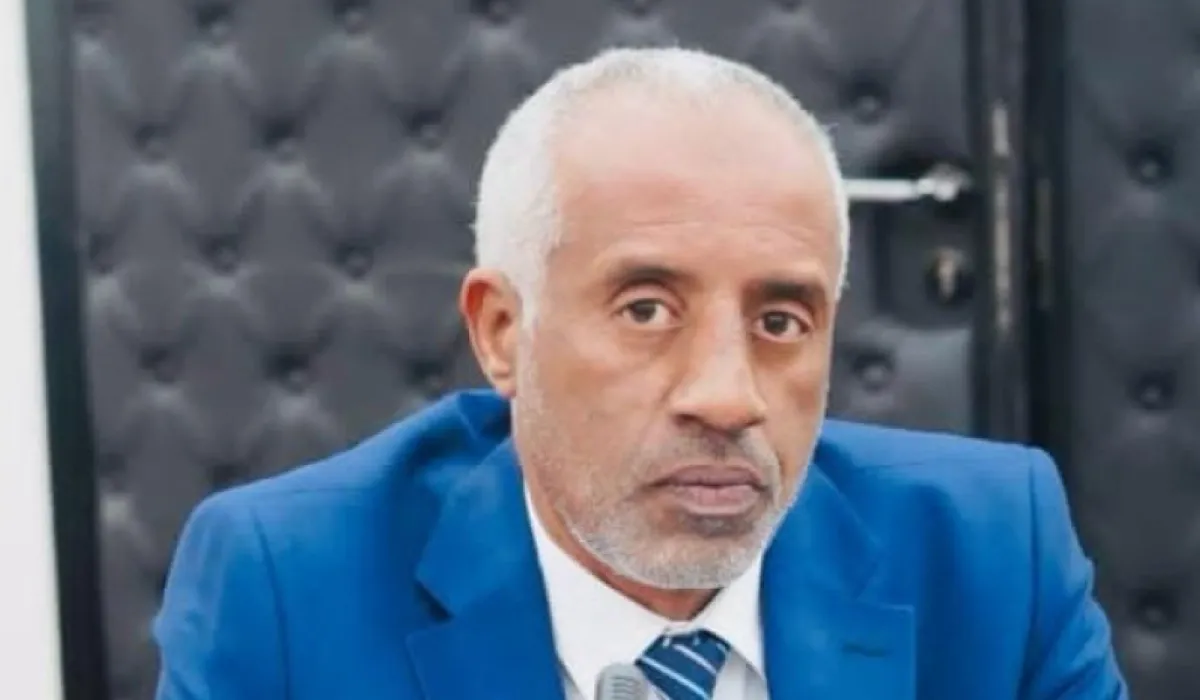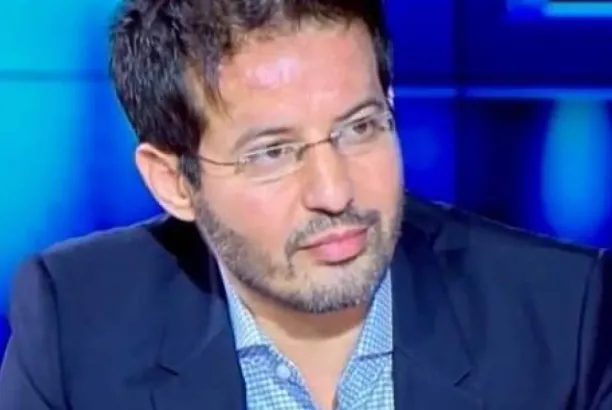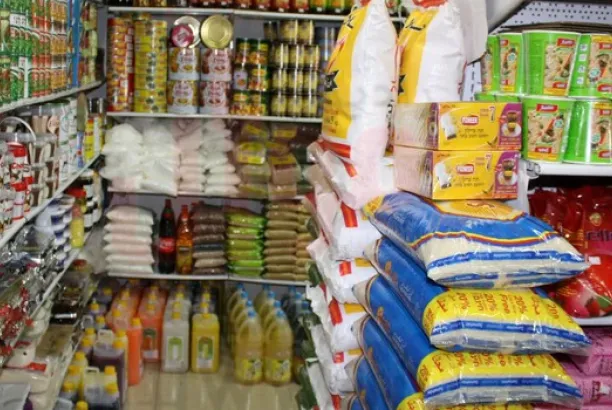
| Economic articles
Al-Wahsh: “The Parallel Market Is Not an Objective Indicator Amid Spending Chaos and Policy Imbalance”
The economic expert Saber Al-Wahsh wrote:
The current situation in the parallel exchange market is not normal, and repeated interventions—such as drawing from reserves or injecting more foreign currency—will not be effective.
In my view, the best approach to this situation requires a series of clear and carefully considered steps, some of which I propose below:
1. Ignore exchange rate fluctuations in the parallel market until September 30, and focus solely on covering letters of credit for essential goods and fuel to avoid future shortages. The market is currently experiencing an exceptional phase due to overlapping factors. Prices may rise to unprecedented levels, but this is temporary and will have little long-term impact.
2. Transparency with citizens is essential. There must be ongoing communication clarifying that the economy is undergoing a “critical surgical operation” aimed at restoring trust in the national currency. While this may involve short-term negative effects, enduring this difficult phase is necessary to establish strong foundations for the Central Bank to implement future policies that serve both the public and the economy.
3. Continue preparing exchange companies and offices administratively and technically, but refrain from injecting any liquidity into them before September 30—regardless of pressure or rising prices in the parallel market.
4. Prevent the re-circulation of currency notes slated for withdrawal under any circumstances. While this may result in a relative liquidity shortage, it will encourage the use of electronic payment tools. Temporarily waiving all e-transaction fees, even if the Central Bank bears the cost, would help promote their adoption.
5. Maintain communication and coordination with the House of Representatives, governments, and financial authorities, based on the principle that these institutions should act in the interest of citizens and the state. Dialogue must be transparent and data-driven, aimed at reaching a common understanding to organize public spending, preserve financial stability, and protect citizens’ purchasing power during this critical phase.
Finally, all steps must be publicly announced and clear to everyone. Sudden decisions should be avoided to prevent panic in goods and currency markets. This clarity will reassure both citizens and traders.





